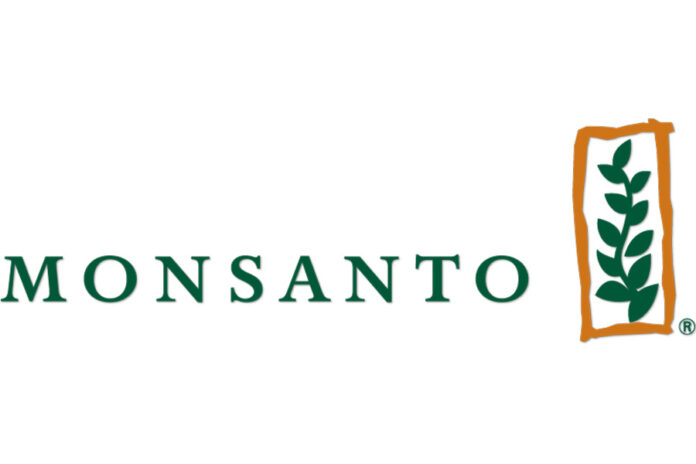Four major agritech corporations now account for 60 percent of the global seed market. It’s time to change that.
Earlier this month, PepsiCo stepped down from a controversial league battle with Indian farmers over use of their patented potato seeds.
The lawsuit originated when a group of farmers in the Indian state of Gujaret allegedly infringed the company’s patent by cultivating a variety of potato grown exclusively for the company’s potato chips. While the case may have been isolated to India, it reveals a much broader problematic relationship between small farmers and the corporate giants who control the vast majority of global seed strains — an issue with major repercussions here in the United States.
Per the Plant Variety Protection Act of 1970, breeders are given up to 25 years of exclusive control over “new, distinct, uniform, and stable sexually produced or tuber propagated” plant varieties. The provision provides globally recognized patents to seed owners, giving them the exclusive rights to reproduce and market these products. The advent of genetically modified and insect-resistant strains has led to the gradual monopolization of the seed industry, with just four major agricultural companies now accounting for 60% of the global market.
Major agricultural corporations have solidified their control over the seed industry through a series of extensive lawsuits related to intellectual popular rights. Since 1997, Monsanto — the notorious agrochemical giant-turned-subsidiary of the multinational pharmaceutical company Bayer — has filed 147 suits against American farmers. The U.S. court system has largely ruled in favor of agricultural conglomerates, levying heavy fines on small farmers and drawing the ire of various advocacy groups.
In addition to the vast majority of cases favoring the intellectual rights of agricultural corporations, weak antitrust laws have also allowed the monopolization of the global seed supply. The consolidation of the seed industry has harmed small farmers by limiting their purchase options and increasing the prices of patented products. Drastic increases in the number of genetically engineered crops over the last several decades have directly correlated with skyrocketing seed prices. From 1995 to 2011, for example, the average cost per acre of soybean and corn seed increased by 325 and 295%, respectively. Corn and soybean yields meanwhile rose by just around 35% during this time period, indicating that this development has harmed farmers by increasing costs and lessening their returns.
Additionally, the unique nature of the patent restrictions on these seeds allows companies to require farmers to repurchase seeds instead of saving them, forcing small farmers into de facto contracts that hurt their bottom line. Monsanto’s total monopoly on soybean seeds (9-in-10 seeds now carry the company’s “Roundup Ready” trait) means that the company can adjust prices as it sees fit, leaving farmers defenseless against the company’s control of their seed supply. Since individual farmers cannot legally save and replant the seeds, they are forced to annually repurchase the product, with no leverage against unwarranted price raises.
Stronger antitrust laws and other actions from the Department of Justice would work to help prevent and break up the formation of agricultural monopolies. Last year, the DOJ approved the merger of agriculture giants Bayer and Monsanto, despite finding that such action would result in increased costs for the industry, lessened motivation for new developments and an overall increase in anti-competitive leverage. The approval came less than a year after regulators had previously authorized mergers between DuPont and Dow Chemical as well as ChemChina and Syngenta — moves which further concentrated control of the worldwide agricultural industry among a few major companies.
As is true with monopolies in all industries, the consolidation of power by a handful of greedy corporate giants stifles competition and harms the average consumer. This is especially true within the agricultural sector, where the unholy union of major agritech firms has led to increased prices and a decline in biodiversity. Accordingly, the U.S. government should take the appropriate steps necessary to ensure that stronger antitrust laws and heavier industrial regulation can prevent the seeds of our future from landing in the hands of a few major players.
Written by: Brandon Jetter — brjetter@ucdavis.edu
Disclaimer: The views and opinions expressed by individual columnists belong to the columnists alone and do not necessarily indicate the views and opinions held by The California Aggie.




